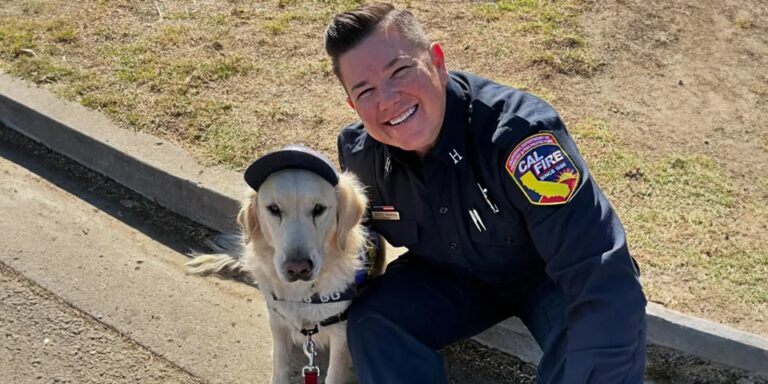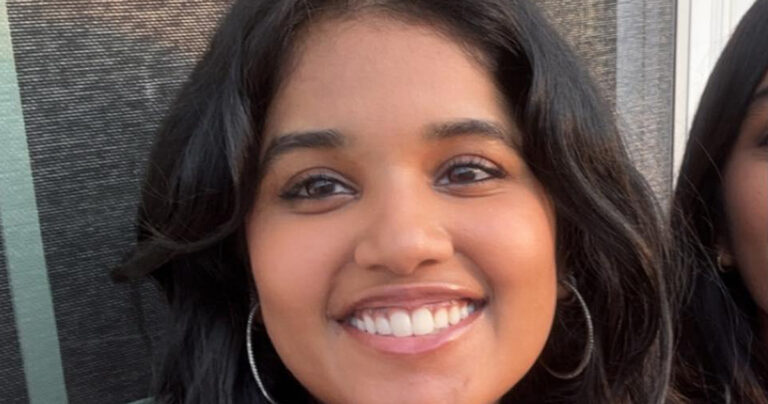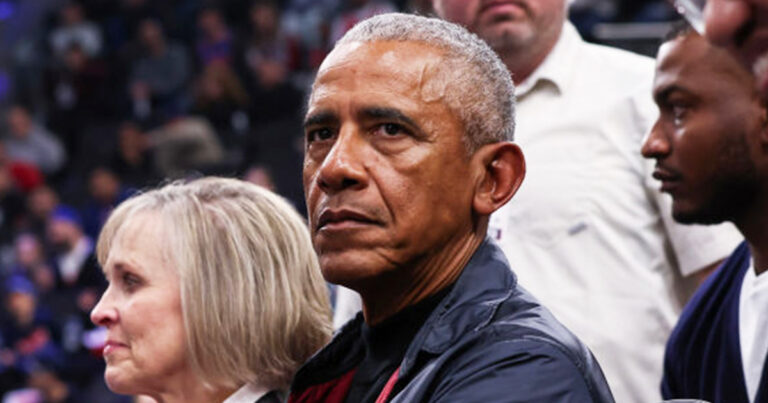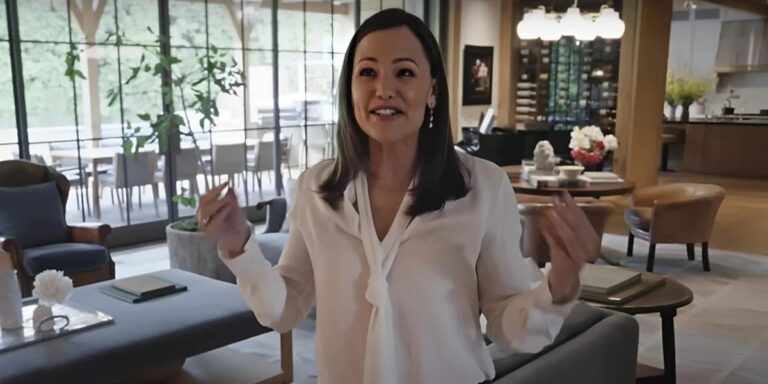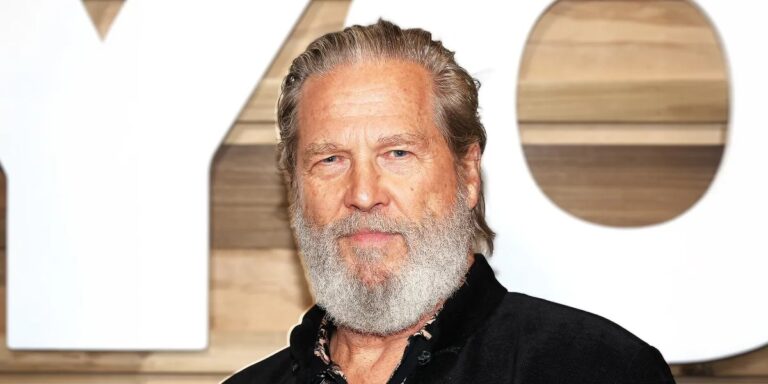Kelly Clarkson admits she is ‘not above spanking’ her children if they are out of line

Have you ever been spanked as a child? The topic of spanking as a disciplinary method has been widely debated, with many experts arguing that it is neither effective nor beneficial in the long run. The American Academy of Pediatrics has strongly opposed corporal punishment, citing research that links it to negative behavioral and emotional outcomes. Despite these concerns, some parents continue to defend spanking, seeing it as a reasonable and necessary form of discipline.
Among those who have openly shared their perspective on this issue is singer, songwriter, and television personality Kelly Clarkson. The former American Idol winner and celebrated talk show host has been candid about her parenting approach, which includes occasional spanking when she deems it necessary.

During a radio interview in 2019, Clarkson explained her stance, revealing that she does not oppose spanking her children when it comes to maintaining discipline. As a mother of two—her daughter, River Rose, now 8, and her son, Remy, now 6—Kelly made it clear that she is not against this form of discipline.
“I’m not above spanking,” she admitted. “I don’t mean hitting her hard or anything like that. I just mean a little spanking, just enough to make a point.”
Clarkson’s approach to discipline stems from her own upbringing. Having grown up in Texas, she was raised with spanking as a common practice, and she believes it played a role in shaping her into the person she is today.
“My parents used to spank me, and I turned out just fine,” she shared. “Being from the South, it’s pretty common for us to get spanked. If I ever found myself in trouble at school, my mom would even give permission for a spanking. I consider myself a well-rounded individual with strong character, so I believe it was all for the best.”
Her words reflect a perspective that many parents still hold—one that views spanking as a traditional disciplinary method rather than a harmful or outdated practice. For some, it is a straightforward way to establish boundaries and reinforce rules.
Balancing Discipline and Public Perception
While Clarkson remains firm in her beliefs about discipline, she also acknowledges that her parenting style, particularly her stance on spanking, can be controversial. She recognizes that disciplining children in public can invite criticism and unwanted attention.
“It’s tough when you’re out in public because people can be so judgmental,” she said. “They look at you like you’re doing something wrong, but personally, I don’t see anything wrong with a little spanking. If I’m at the zoo with my kids and they start acting out, you might see me give them a little smack.”
Clarkson has also emphasized that she doesn’t use spanking as a first resort. Instead, she warns her children in advance and gives them a chance to correct their behavior before taking action.
“I tell them, ‘Hey, if you don’t stop right now, I’m going to give you a little spank on your bottom because this behavior is unacceptable,’” she explained. “And honestly, it has made a difference. She doesn’t act out like that as frequently.”
Her reasoning aligns with what many parents believe: that a child needs to understand consequences, and in some cases, a light spanking serves as an effective deterrent to unwanted behavior.
The Evolution of Parenting and Cultural Differences
Clarkson’s perspective on spanking is not unique. Many parents, particularly those raised in regions where corporal punishment was normalized, share similar beliefs. In the Southern United States, spanking has historically been more accepted compared to other parts of the country. However, as parenting philosophies evolve and child psychology research advances, more parents are choosing to move away from physical discipline, opting instead for alternative methods such as time-outs, positive reinforcement, and natural consequences.
The shift in attitudes toward spanking is also reflected in laws and policies around the world. In some countries, spanking has been banned outright, while in the United States, attitudes vary significantly based on cultural background, religious beliefs, and personal upbringing.
Research has consistently shown that spanking may lead to increased aggression, behavioral issues, and strained parent-child relationships. Critics argue that while spanking may produce immediate compliance, it does not teach children the long-term skills they need to manage their emotions and behaviors effectively.
Organizations like the American Psychological Association and the Centers for Disease Control and Prevention advocate for non-violent discipline strategies, emphasizing that children learn best through communication, understanding, and guidance rather than physical punishment.
The Debate Continues: Should Parents Have the Freedom to Discipline as They See Fit?
Despite the growing body of research against spanking, many parents, like Clarkson, believe that they should have the freedom to choose how they discipline their children. They argue that every child is different, and what works for one may not work for another. For some, spanking is seen as a controlled, measured action rather than an act of anger or abuse.
At the heart of this debate is the question of parental rights versus child welfare. How much autonomy should parents have in deciding how to raise their children? At what point does discipline cross the line into harm?
Some argue that as long as spanking is not done in anger or with excessive force, it can serve as a useful tool in maintaining order and teaching respect. Others contend that no form of physical punishment is ever necessary, and that there are more effective and compassionate ways to guide children toward appropriate behavior.
Clarkson’s comments have reignited discussions on this divisive topic, with opinions split between those who appreciate her honesty and those who firmly believe that spanking should no longer be an accepted practice.
A Celebrity ’s Influence on Parenting Discussions
As a public figure, Clarkson’s words carry weight, and her willingness to speak openly about her parenting style has sparked a broader conversation about discipline, cultural norms, and personal values. While she may not have intended to be at the center of a parenting debate, her perspective offers a glimpse into the reality that many parents face when navigating the challenges of raising well-behaved children.
At the same time, her comments also highlight the tension between traditional and modern parenting philosophies. With an increasing emphasis on child psychology and emotional well-being, more parents are reconsidering their approach to discipline, weighing the impact of their actions on their children’s long-term development.
As the discussion continues, one thing remains clear: parenting is deeply personal, and every family must find what works best for them within the framework of love, guidance, and respect.
What do you think about Kelly Clarkson’s approach to discipline? Do you believe that parents should have the right to choose how they discipline their children, or should spanking be a thing of the past?
